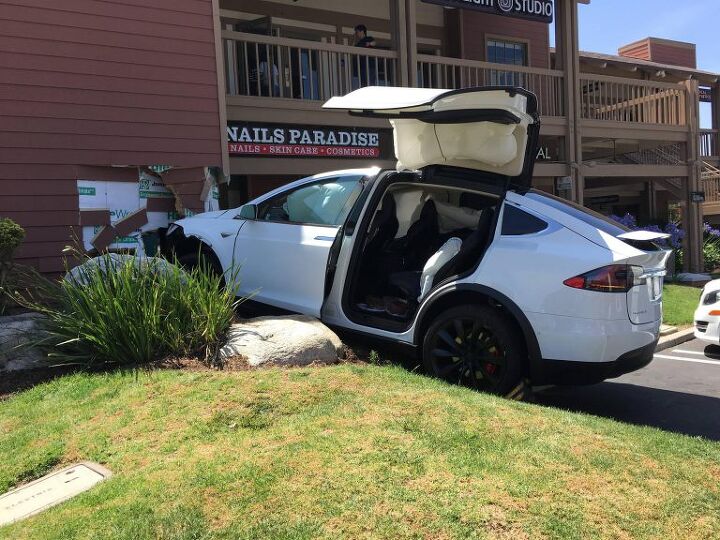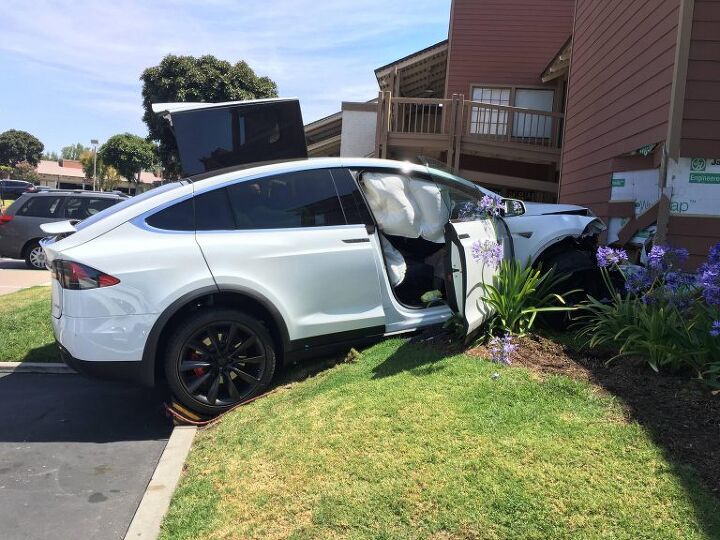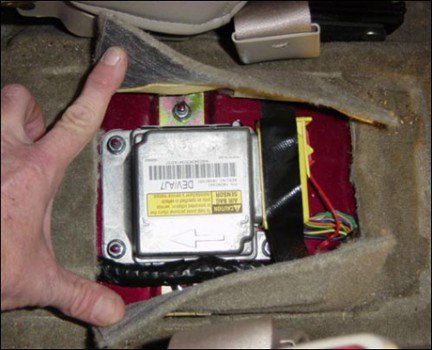#edr
Tesla Reverses Stance on Event Data Recorders, Releases Tool
We’ve criticized Tesla for its lack of access to crash data in the past, but it appears the company has now performed a complete U-turn. Tesla now admits all of its current vehicles have an Event Data Recorder (EDR) device, and it’s now offering an inexpensive tool to allow customers to access the logs.
Tesla previously stated it did not have an EDR device as defined by the 49 CFR 563 of the EDR rule, but new documents released by Tesla shows all of its current and previous vehicles — other than the first generation Roadster — actually do employ such a device. The company has released a helpful guide and free software to analyze the logs, along with a link to purchase compatible equipment.
Who Owns Your Vehicle's Crash Data?
Drivers blaming their cars for accidents or sudden acceleration is nothing new, but modern technology allows us to view data in cases where sudden breaking or a collision occurs. This information is recorded by a device known as an Event Data Recorder (EDR). These types of devices, commonly referred to as “black boxes,” are able to save multiple variables when a collision is detected.
EDRs are often used by police in crash investigations, but some have been used by manufacturers to prove that their vehicles aren’t faulty. One recent case involved a Tesla Model X, where the owner claimed the vehicle accelerated on its own and crashed into a building. Tesla refuted the claim based on the logs they pulled from the vehicle and stated that the driver was at fault.
Since Tesla is the only one with access to the logs, can owners defend themselves, and do they have a right to that data?
Will the New Transportation Bill Mandate Black Boxes in All New Cars?
The new highway bill recently passed by the U.S. Senate, the Moving Ahead for Progress in the 21st Century Act or MAP21, has come under some criticism, in part because of a provision that would give the IRS power to strip American citizens of their U.S. passports if they own the federal government enough money.
Confirmed: WSJ Writes Nonsense About Toyota EDR Amnesia. Jalopnik In Same League As WSJ
Welcome to amateur hour. As reported yesterday, The Wall Street Journal claimed in a story that Toyota’s “data recorders can lose their information if disconnected from the car’s battery or if the battery dies—as could happen after a crash.” Their source was “a person familiar with the situation.” Commentator Carquestions concluded that the source doesn’t know what he or she is talking about. After we wrote about it, Carquestions fingered the not so knowledgeable source as “a secretary within Media Relations at the DOT.”
Instead of talking to a secretary, the WSJ could have done what we did: Call Toyota headquarters in Tokyo.
What's Wrong With Toyota's Black Boxes?
At the Wednesday press conference in Tokyo, Toyota slipped in the remark that they “will more actively use on-board event data recorders, which can, in the event of a malfunction, provide information necessary for conducting such activities as technological investigations and repairs.”
This remark was widely overlooked. It should not have been.
Five days before, the Wall Street Journal had written:
“The safety problems that have engulfed Toyota Motor Corp. are focusing renewed attention on one of the most controversial components in an automobile: the black box. The box, officially called an “event data recorder,” is a small, square, virtually indestructible container akin to those found on commercial airplanes. Tucked inside the dash or under the front seats of most newer vehicles, it records vehicle and engine speeds as well as brake, accelerator and throttle positions and other data that can help determine the causes of accidents.”
If there would have been such a black box in the Toyotas that had crashed, it would have been easy to read out whether the foot was on the gas or on the brake. Guess what: Toyota has this box. It had been in many of the crashed vehicles, says the Wall Street Journal:




















Recent Comments